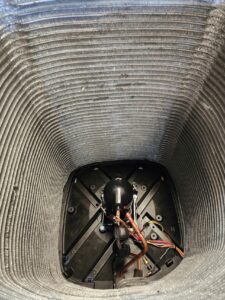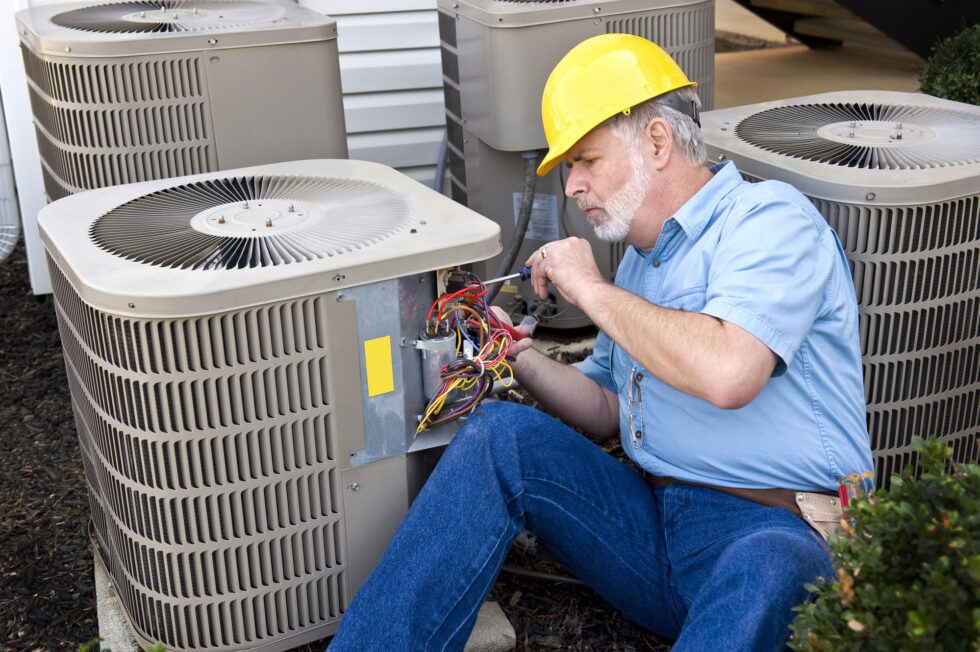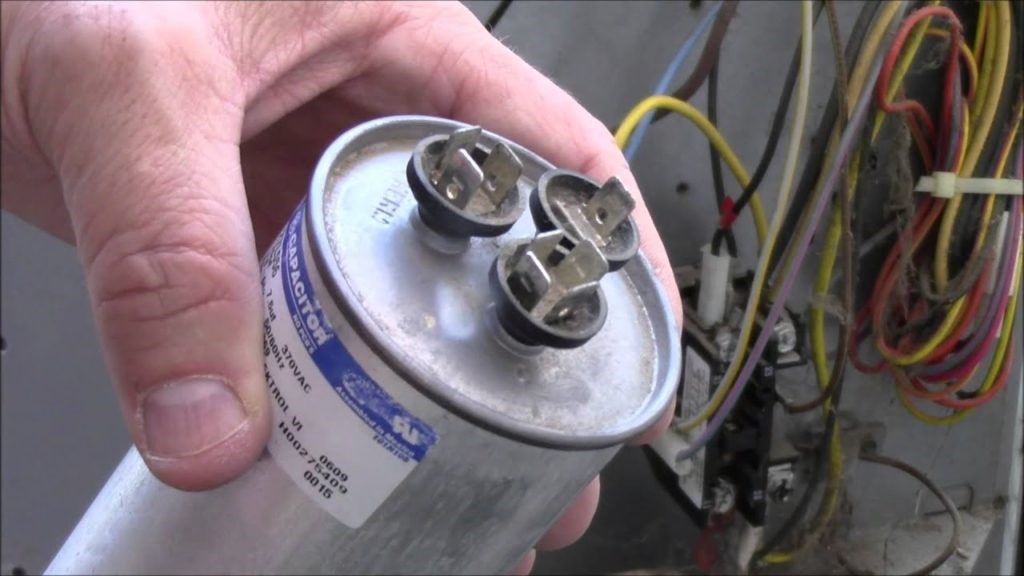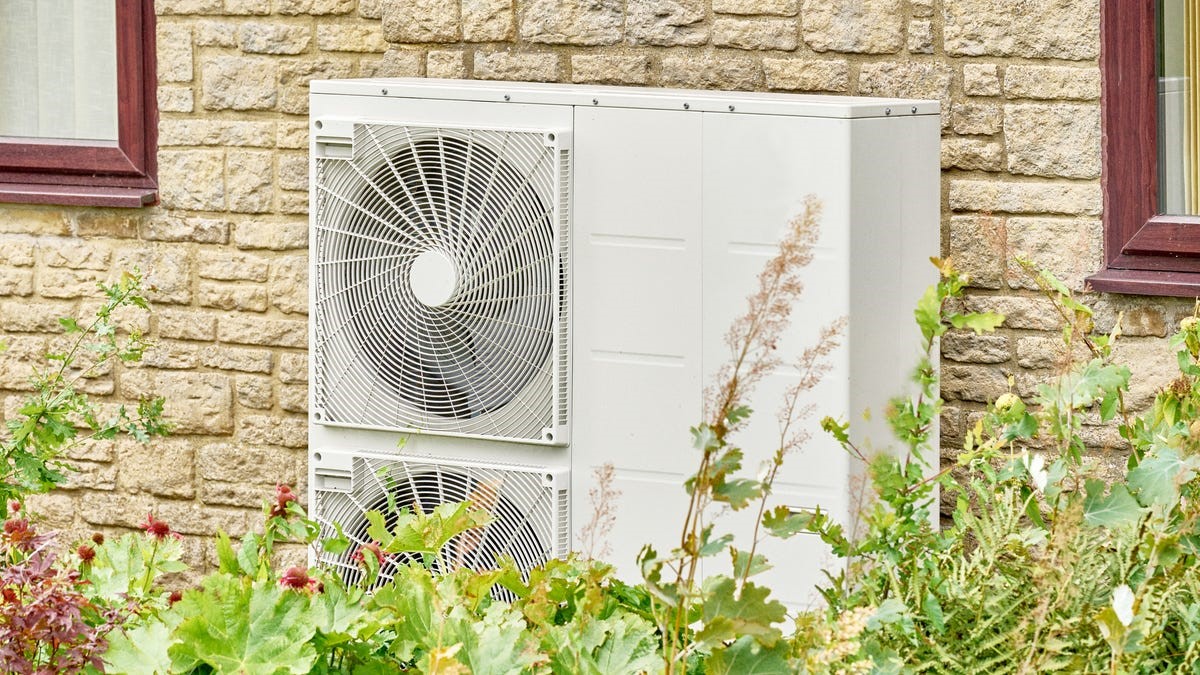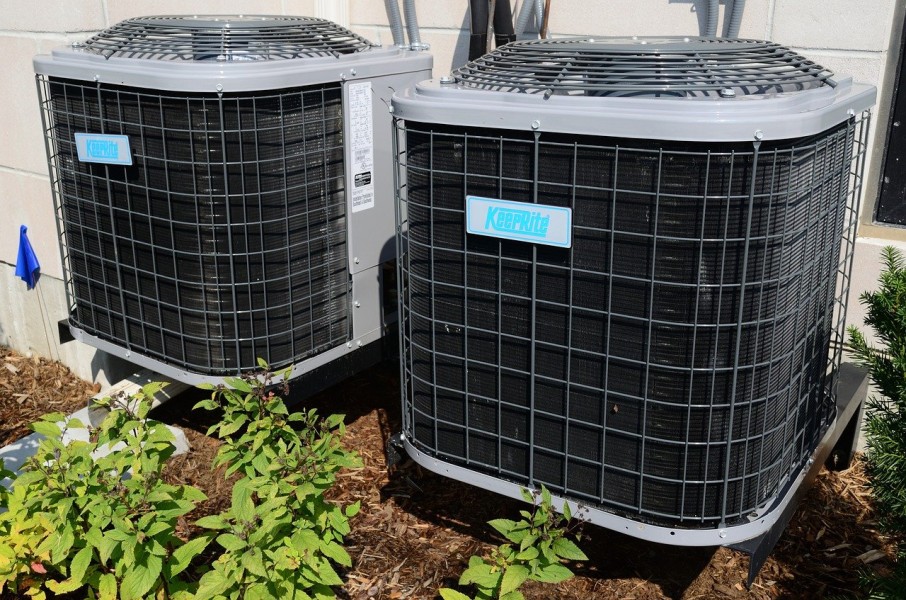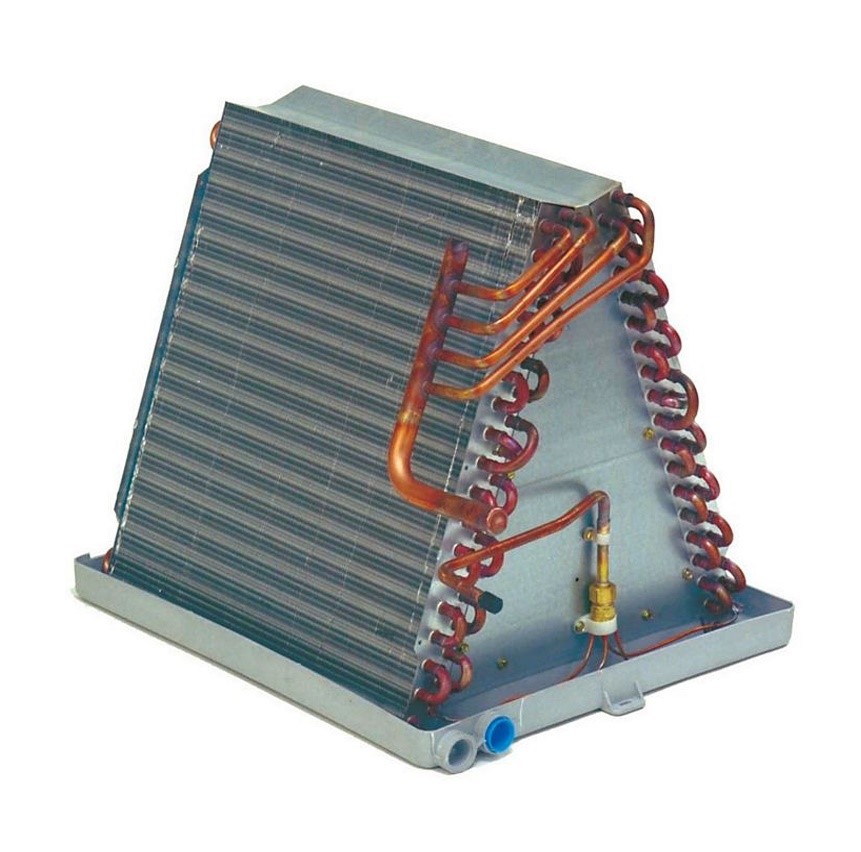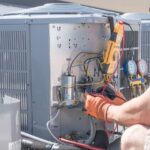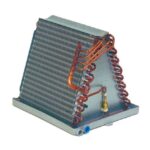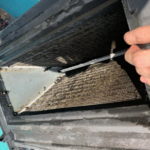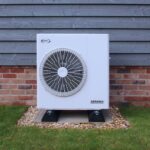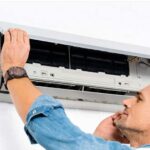
- No Cold Air: When your air conditioner fails to blow cold air, it’s one of the most apparent indicators of a problematic capacitor. The capacitor plays a critical role in initiating the cooling cycle, and if it’s not functioning properly, your AC won’t be able to provide the desired cold air. To check if this is the issue, try turning your AC on and off. If warm air continues to flow from the vents, it’s a clear sign of a malfunctioning capacitor. In such cases, it’s essential to contact a licensed HVAC professional to diagnose and rectify the problem.
- Higher Energy Bills: A failing capacitor can lead to increased energy consumption. When capacitors wear down, other components of your HVAC system have to work harder to compensate. This extra strain on the system results in higher energy bills. Monitoring your energy usage is vital to catch this issue. If you notice a gradual, unexplained increase in your energy bills, it may be a signal that your capacitor is underperforming. This can happen without you even noticing, so keeping a close eye on your energy bills can help identify the problem.
- Compressor Humming: Listen for a subtle humming noise when you turn on your air conditioner. This noise is usually generated by the compressor as it attempts to start the AC’s fan motor. If you hear this humming, it’s an indication that the capacitor is struggling to initiate the fan motor’s operation. Combined with a delay in starting, this humming is a clear sign that your capacitor is on the verge of failing. To prevent further damage to your AC system, it’s essential to replace the capacitor promptly. A local HVAC professional can assess the situation and recommend the necessary steps.
- Aging System: If your air conditioning system is getting older, it might exhibit signs of a struggling capacitor. As AC units age, they require more maintenance and may experience difficulties in starting up and running smoothly. If your AC system is on the older side and you notice it sporadically struggling to begin operating, this could be another indicator of a faulty capacitor. It’s crucial to consider regular maintenance and repairs for aging systems to keep them in good working condition.
- Random Shutdowns: If your air conditioner seems to turn off unexpectedly during regular operation, it’s highly likely that you have a damaged or deteriorating capacitor. In a well-functioning AC unit, the system should turn off according to the settings on your thermostat and shouldn’t shut down on its own during normal operation. When random shutdowns occur, especially without any specific trigger, it’s a strong signal that the capacitor is not working correctly.
- Slow Startup: A failing capacitor can result in a delay in your AC unit starting up. If you notice that your air conditioner doesn’t kick into action immediately after being powered on or if it takes several seconds for the cooling process to begin, it’s an indication of a weak capacitor. An HVAC technician can assess your system to determine if it’s time for a new capacitor.
- AC Failure: Perhaps the most concerning sign of a bad capacitor is when your air conditioner simply doesn’t start at all. This can be caused by various issues, but a faulty or failing capacitor is one of the better scenarios, as it can be replaced without needing to replace the entire condenser unit. To diagnose the issue and determine if the capacitor is to blame, it’s best to consult a licensed service technician. Prompt resolution not only saves you from the expense of replacing the entire unit but also ensures you don’t go without air conditioning for an extended period, enhancing comfort and minimizing the risk of mold growth in your home during the downtime.
In conclusion, these signs can manifest due to various factors like debris damage, overheating, general wear and tear, short circuits, power surges, or even lightning strikes. Recognizing and addressing these symptoms in a timely manner is crucial to ensure the efficient and reliable operation of your air conditioning system.

